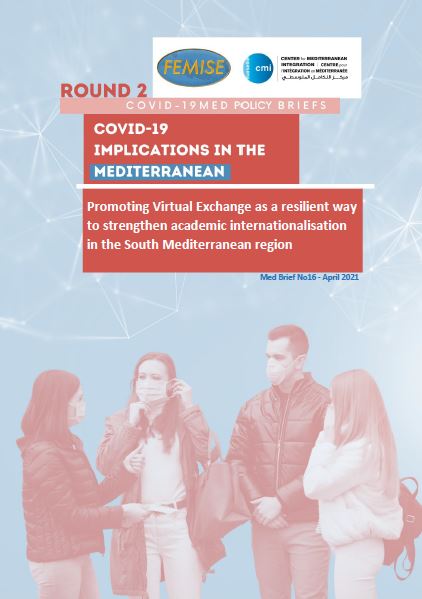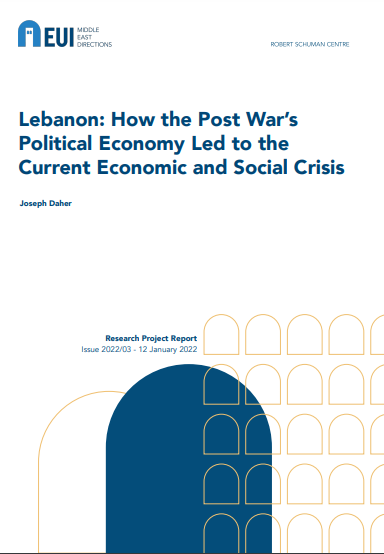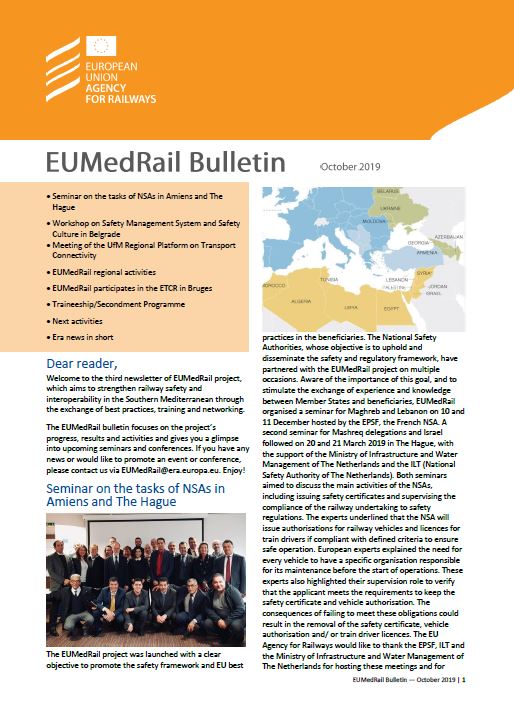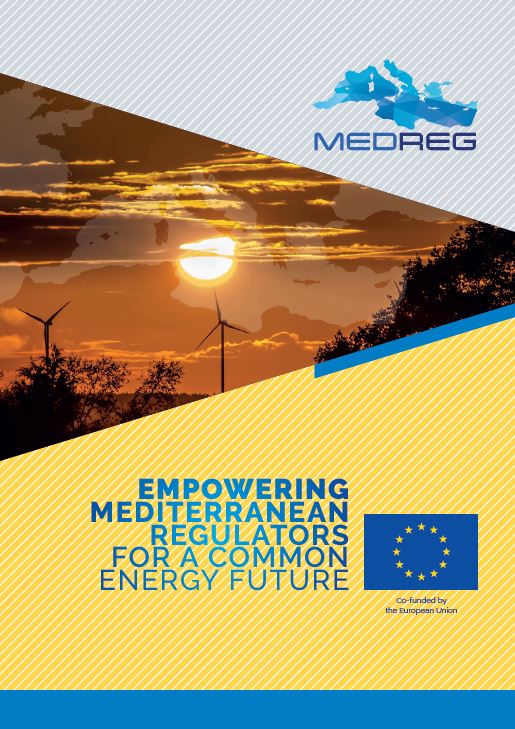CMI FEMISE COVID-19 MED BRIEF 16 – Promoting Virtual Exchange as a resilient way to strengthen academic internationalisation in the South Med

Against the background of the COVID-19 pandemic, this policy brief focuses on Virtual Exchange (VE), a methodology that can contribute to solve the current education and mobility challenges faced by South Mediterranean countries by enhancing the quality and inclusiveness of Higher Education, despite the severe limitations to international youth mobility.
Based upon the Erasmus+ Virtual Exchange experience, the brief illustrates the most relevant findings and insights for the South Mediterranean, after a brief outline of the COVID-related challenges for higher education and internationalisation in the region, and conclusions will be drawn to support the argument that VE can be a great opportunity for Southern Mediterranean Higher Education Institutions (HEIs) to face current challenges.
The recommendations provided are hence meant to enable policy makers to take the measures needed to finetune and streamline VE, as well as to allow HEIs on the two shores of the Mediterranean Sea to benefit most from VE as an innovative pedagogy enhancing cross-border collaboration among staff, a student’s proactive approach to learning, as well as a greener and eco-friendlier mobility option.
The recent coronavirus crisis threatens the health, economies and societies of all countries. In Southern and Eastern Mediterranean countries, the fight against the pandemic is even more complicated. Cooperation and EU-Med strategies in key sectors are needed. Therefore, the Center for Mediterranean Integration (CMI) and FEMISE join forces and launch their joint series of Policy Briefs called “COVID-19 MED BRIEFS” to pave the way for thematic analyses and policy relevant recommendations.
Latest Publications






























 Syria
Syria 



